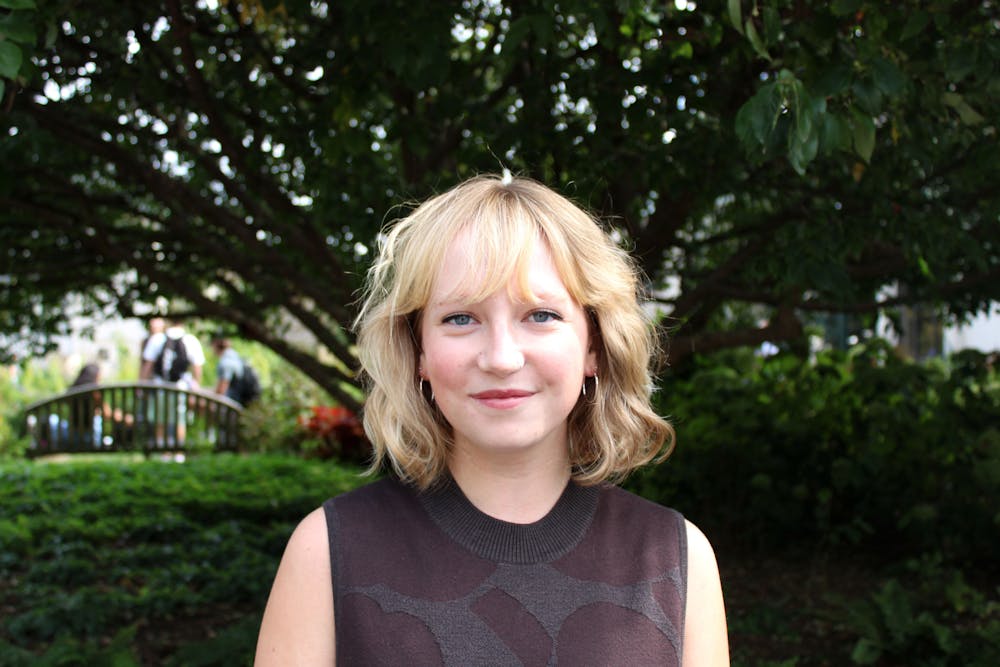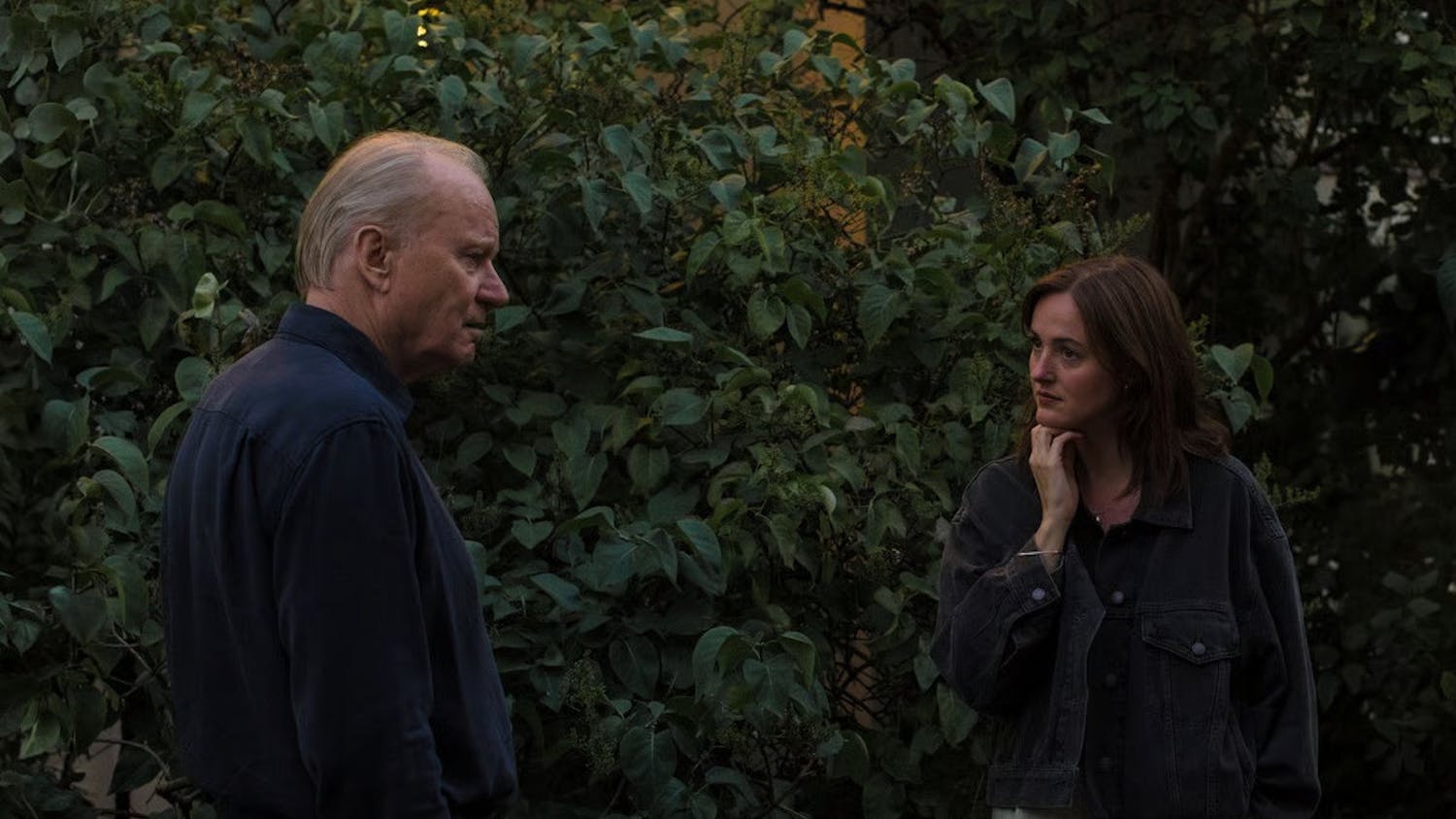As people have grappled with loss in Israel and Palestine over the past couple of weeks, news outlets across the country have made decisions about their word choice and struggled to verify information. This requires thoughtful discussion and consideration, and as The Eagle seeks to do the same, I hope here to clarify the reasoning behind our reporting decisions.
In conversations with The Eagle’s editors and staff, Diversity, Equity and Inclusion Committee, trusted advisors and through reading news and examining different outlets' coverage, I have worked to set a standard for The Eagle’s coverage of campus news related to the Israel-Hamas war.
The first question The Eagle faced in the past few weeks was about language. Words will always convey a perspective, so The Eagle takes choosing them seriously. With such a complex issue, word choice is especially important.
When it comes to grammar and style, most news outlets follow the Associated Press Stylebook. The Eagle uses AP style and our own style guide as our guide for copy editing, so in this case we look to the Associated Press for word choice as well. When we published our first article about what the Associated Press then called a conflict between Israel and Hamas, we designated it as such. We called Hamas a militant group for the same reason.
The Eagle now refers to the Israel-Hamas war in accordance with updated guidance from the Associated Press. The Eagle will continue to update its approach to reporting in consultation with the Associated Press and other reputable news outlets.
In the last two weeks, The Eagle has also faced questions about confidential sources. After we published the first article that dealt with the war, a source reached out and expressed fear of doxxing and harassment due to her identity. As we had already published the article and the source’s concerns were serious concern for personal safety, I decided to remove the source’s name from the story.
This is not typical for The Eagle, and as a general rule we only grant confidentiality in exceedingly rare cases. We have received more requests for confidentiality related to the Israel-Hamas war than in the rest of my time as editor-in-chief. I take these requests seriously, and a team of editors will always discuss them.
However, a news story cannot rest on confidential sources alone, and identifiable sources lend vital credibility to articles. While The Eagle will always consider serious requests for confidentiality, our policy remains that we will only use unnamed sources “sparingly to provide important information that cannot be obtained through on-the-record sources or public records,” as stated in our ethics code. This will happen “only when the newsworthy subject matter is of extraordinary informational value to the public and there is no other way to obtain that information credibly.”
Editors and writers will discuss whether information meets this standard, and the editor-in-chief will make the final decision. Whenever we do use a confidential source, this will be disclosed and noted in an editor’s note in the story.
The Eagle has also received questions about removing offensive comments from our social media comments sections. Per our ethics code, the managing editor for Online and the editor-in-chief can choose to limit comments on social media posts for 24 hours if there are multiple instances of hate speech or other offensive language. If this happens, The Eagle will always note this in the comment section.
The Eagle makes every decision about its coverage in consultation with our ethics code and with a team of editors, advisors or reporters. However, as the editor-in-chief, I carry the primary responsibility for these decisions.
Journalists serve a vital role as war unfolds. They can only do this by listening, learning and pursuing ethical decision making. I am grateful to work with a team of thoughtful journalists and hope to continue to provide balanced coverage on the American University community’s response to the Israel-Hamas war.
If you have questions about our work or practices, I encourage you to check out our “About” page, ethics code and reach out to editor@theeagleonline.com to start a dialogue.
This letter was edited by Jordan Young. Copy editing done by Isabelle Kravis.





